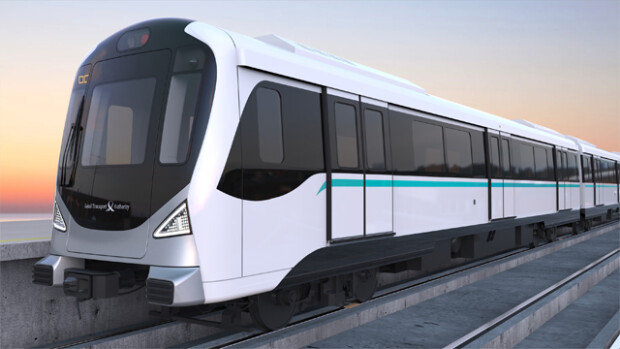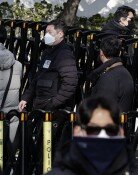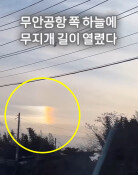S. Korea, Japan compete in hydrogen train technology
S. Korea, Japan compete in hydrogen train technology
Posted July. 08, 2020 07:58,
Updated July. 08, 2020 07:58

Battery-operated train development is picking up speed with advances in lithium-ion batteries. Japan has recently unveiled a new Shinkansen bullet train that is powered by batteries, while Hyundai Motor Group is accelerating its efforts to apply hydrogen technologies to electric train batteries.
It has been reported Tuesday that a new bullet train called “N700S” started serving the 1,069.1-kilometer Tokaido-Sanyo Shinkansen line on last Wednesday, which connects Tokyo, Osaka and Fukuoka in Japan. N700S, the first new train introduced to the line in 13 years and the world’s first battery-operated bullet train, can run on battery when there is an interruption to the overhead power supply. It is fitted with Toshiba’s lithium batteries, which get charged from overhead lines while the train runs.
In an emergency, N700S can travel at up to 30 kilometers per hour solely on the battery pack, turning itself into a large electric vehicle. The Central Japan Railway Company said the power pack would be able to move a train clear of any bridge or tunnel on the 151.4 km line between Tokyo and Osaka, although its maximum driving distance is unknown. The longest bridge and tunnel on the route are 1.4-kilometer and 8-kilometer long, respectively. Japan has launched an immense effort to apply secondary battery technologies to trains. In 2018, a new train with Toshiba’s lithium-ion batteries, which can move a train even during a power failure, was introduced to the Tokyo Metro Marunouchi Line.
Meanwhile, Hyundai Motor Group is making efforts to develop battery-powered trains in South Korea. Hyundai Rotem is planning to manufacture battery trains for Singapore, which it struck a deal with in February. Singapore wants trains that can be evacuated quickly in an emergency as many railways overlap with roads for cars in the country. It is expected that there will be a demand for battery-operated trains in South Korea as well with plans to build railways for express intercity trains. It is said that the distance between stations will be more than 5 kilometers.
Hyung-Seok Seo skytree08@donga.com







